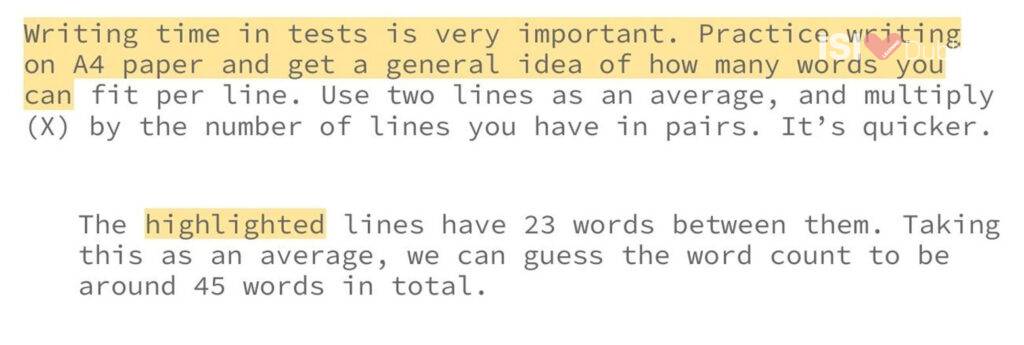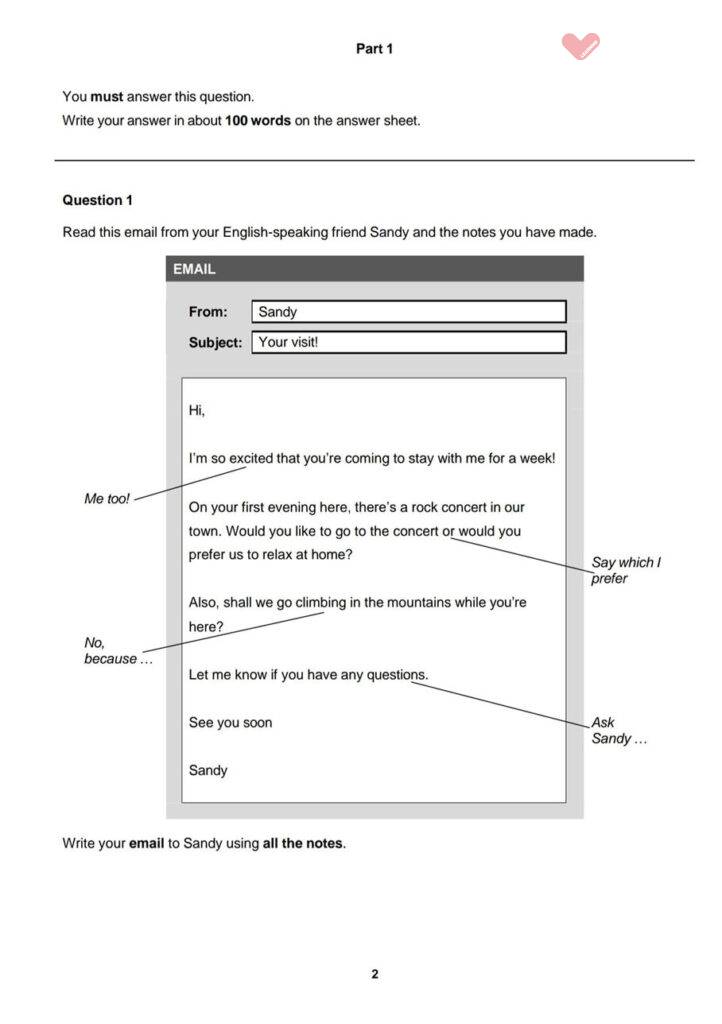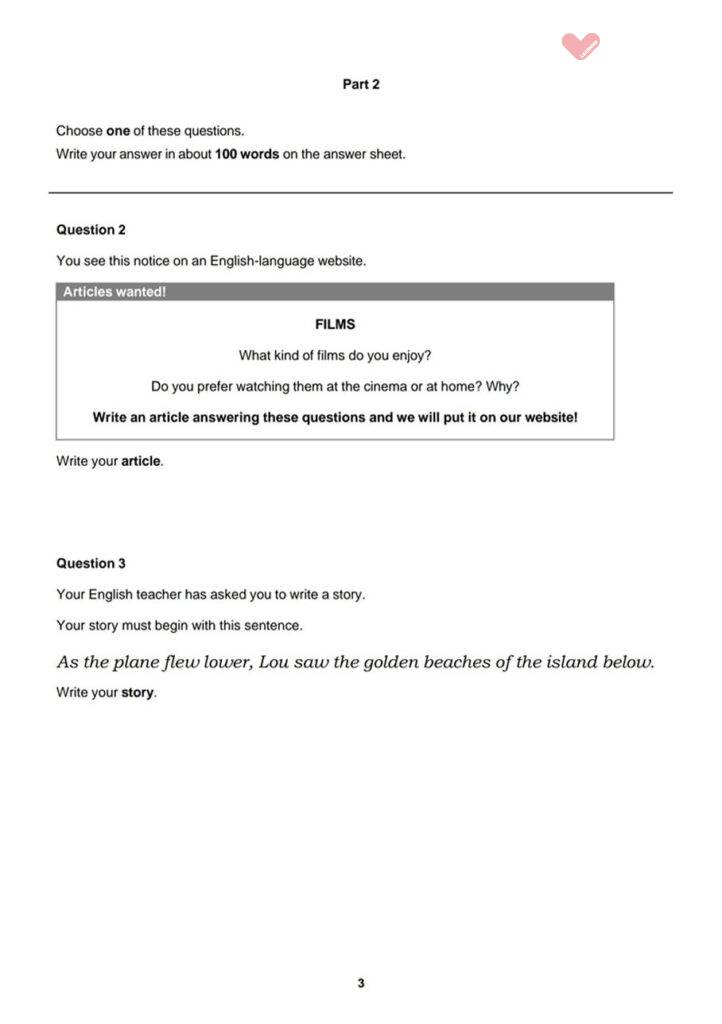With the end of term tests around the corner, it’s important to know how you can prepare for your exams and how you will be assessed.

The criteria for each level is different, so this will be a general look at what to do and what to expect.
Read the question (for reading and writing)
This is so important. Please read the question you are being asked and answer all parts. If the question asks you a “who” question, and you don’t answer with a person, then you haven’t answered the question right.
I always advise my students to read the questions first and underline the important information, before doing the same in the text.
Word counts are important, but don’t waste your time
Writing too little in your exams is a problem, and so is writing too much, but counting every individual word is going to waste time. A good plan will help, but getting an estimate or an idea of how many words you’ve written is useful.
 This simple technique will save you a lot of time, trust me.
This simple technique will save you a lot of time, trust me.
Plan before writing, and use paragraphs
A plan can be short and simple. Let’s look at some examples from the Cambridge English site (B1).
 In question 1 in the sample paper, you are asked to write 100 words, and respond to 4 points in an email. The email is informal, so you can be friendly. Like the model answer, you should use paragraphs to separate your points. Do not copy the language in the model answer or the questions. For example;
In question 1 in the sample paper, you are asked to write 100 words, and respond to 4 points in an email. The email is informal, so you can be friendly. Like the model answer, you should use paragraphs to separate your points. Do not copy the language in the model answer or the questions. For example;
“I’m so excited that you’re coming to stay with me for a week!” (Me too!)
“Me too!” is a bad answer. There is no context.
“I can’t wait to come visit you, too. It’s going to be great!”
This answers the question, without copying the phrasing. Planning what you need to say in each paragraph before writing will help with speed and accuracy.
 Now let’s look at part 2. There are two questions here, but the question says to answer one. Whatever you do, planning an introduction, a conclusion, and two to three points in the middle will make your life easier.
Now let’s look at part 2. There are two questions here, but the question says to answer one. Whatever you do, planning an introduction, a conclusion, and two to three points in the middle will make your life easier.
For a 100 word answer, an introduction and a conclusion can take up to 15-20 words, meaning that your paragraphs will be 30-40 words each. This is much easier to do than to think about how you’re going to write 100+ words.
Of course, this is one of the middle levels. Higher levels have higher word counts, and higher expectations.
The marking scheme
Reading comprehensions in Cambridge are typically black and white answers. Writing is where things can get complicated.
Writing is corrected under two main points: Content and Language.
Content is about what you have written. If you answer the question, use the appropriate style (an essay when the question asks for an essay, an email when it asks for an email and so on), and develop the idea to the appropriate length (word count) and that it is communicated well.
Language is the assessment of your vocabulary and grammar; how well do you use it and how difficult is the language you tried to use. This score is also affected by your organisation. Do you organise your information and does it flow properly? Do you use linking words (like additionally, also, although, too and so on) and cohesive devices (firstly, moreover, also, in addition etc).
Both scores are in bands 1-2, 3-4, 5-6 and 7-8 for both Content and Language.
Stay calm. You’ll be fine. Plan first, and give yourself time to breathe. The word counts are different for each level, and your tests
